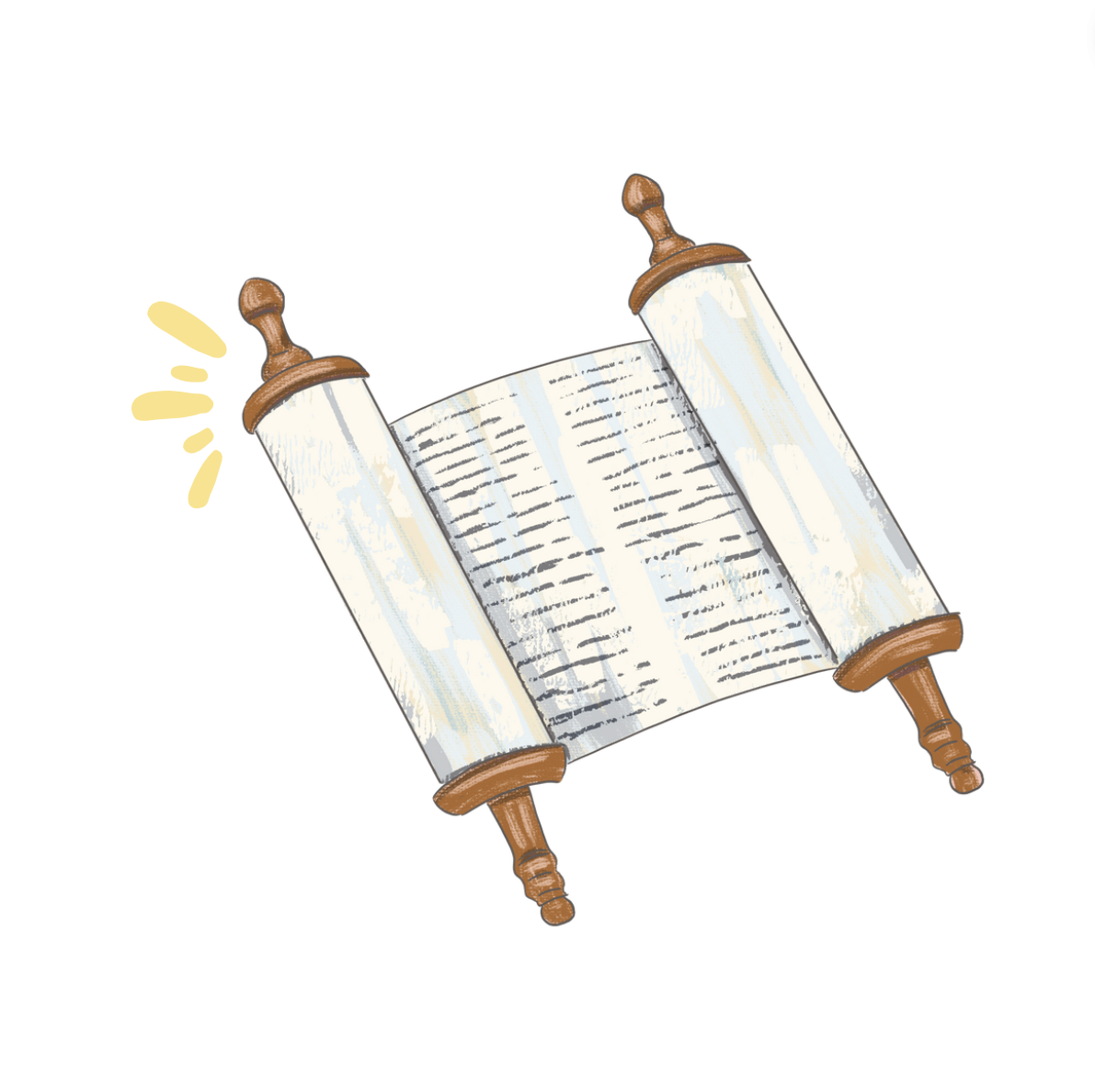It’s clearer than ever that our souls are hurting: Hurting with worry and sadness for the Jewish community here at home; fears about antisemitism and our own safety; hurting for our Israeli community and all the innocents caught in the war with Israel and Hamas.
So Shabbat has arrived again, and with it, the opportunity to care for our souls.
How is caring for our soul different from caring for our emotions? Emotions are often contrasted with reason: Reason helps us understand what is happening in the world, or, so often these days, it’s a lack of reason governing what’s going on. Emotions are how we respond to events: we become sad, or angry, or worried, or all of the above.
So, the soul. The soul is the deeper part of us, that animates our heart, that gives meaning to the rest of the muck. Our sense that we are connected to something beyond ourselves, the Jewish community or God or both. For some of us, our souls have been crying out over the past month. For some of us, our souls have blocked out the challenge and pain, numbing ourselves to make it through.
How can our sacred story, the Torah, help us make sense of this time, and help us or teach us how to care for our souls?
In this week’s parasha, Chayei Sarah, the matriarch Sarah dies. We read: “Sarah died in Kiryat Arbah, now Hevron – in the land of Canaan, and Abraham proceeded to mourn for her and bewail her.”
The first thing Abraham does is tend to his soul – and hers. Abraham mourns, and even cries. Then, he cares for her soul by ensuring for her a proper burial spot. As we all process so much shock and loss in Israel; and the corresponding delegitimization of Jewish sadness and mourning that has proliferated so deeply online and in the streets, perhaps we still need space to tend to our souls: to express our sadness, or like Abrham, even to cry.
What does Abraham do after tending his soul and ensuring a proper burial for his wife? He looks to the next steps of ensuring his legacy. He asks his servant, Eliezer, to go find a fitting partner for his son, Isaac. The only criteria: she must be a woman of generosity. In the story, this means a woman who sees the whole picture. The right woman will offer water to Eliezer’s camels, not only to Eliezer.
Perhaps tending to our souls and building a legacy is about generosity, loving-kindness, and seeing the big picture. How can we offer generosity to ourselves and others in this challenging time? Perhaps it’s about spending less time on social media and more time with family and friends. Perhaps it’s about making space to do the things that have always brought us comfort: returning to ourselves. Perhaps it’s about taking action, connecting with others and Israel.
This Shabbat, may we all create some time and space to care for our souls.
Shabbat shalom,
Rabbi Sam

